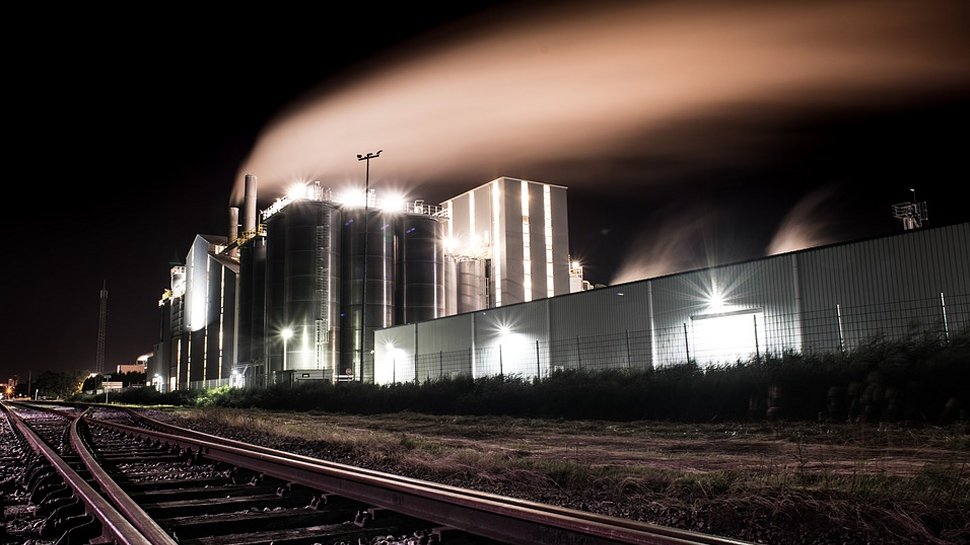How digital twin technology drives industrial decarbonization
Digital twin technology drives industrial decarbonization

For too long, manufacturing enterprises have focused on productivity centered around the economics of cost and profitability, to the detriment of sustainability. Very few industries and manufacturers have traditionally given much attention to areas such as resource productivity, decarbonization and energy optimization; and if they did, it was limited to fulfilling compliance and regulatory conditions. Now, thanks to global leadership, these areas are emerging as top business priorities; and forward-looking nations are starting to require enterprises to make firm commitments in this area.
Murli-Mohan Srinivas is Digital Twin Lead and Head of Industry 4.0 at Atos Germany.
Globally depleting raw material will continue to make finished products more expensive in the future. In addition, demographic changes have shifted demand for finished products towards emerging markets, forcing manufacturers to realize that traditional approaches and measures to maintain productivity are becoming obsolete. The fundamental premise that resource productivity is subordinate to other operational priorities will no longer be valid.
Industrial carbon generation
Industries have historically been heavily dependent on fossil fuels across the product and service lifecycle. Conversely, decarbonizing product development, production and service processes can lead to higher costs. Some of the key measures to accomplish decarbonization are efficiency improvements, energy optimization or the use of renewable energy sources, changes in demand by increasing reuse, remanufacturing or recycling, modifying production process and carbon capture and storage or usage.
Other factors which are often ignored when businesses consider how best to approach decarbonization include the cost of prematurely replacing industrial assets and products. For example, in petroleum refineries, even relatively small equipment changes require part of the site to be redesigned and rebuilt, because the processes are highly integrated within a small, optimized area.
Acting on insights
Addressing these challenges requires social and structural transformation coupled with technological innovations. Often, the causes are multiple and solving them involves integrating multiple data and knowledge sources and putting them in context to understand the conditions for industrial decarbonization.
One of the most potentially revolutionary technologies shaping the future of manufacturing is the digital twin: a live, evolving digital model of a physical asset, process or system that is complete at any scale. Using digital twin technology manufacturers can model scenarios for strategic and operational planning; and when the digital twin is connected to real-time data, they will have a live operational view of exactly how process and assets are performing.
Digital twin platforms
The creation of digital twin platforms with a key focus on improving efficiency of industrial assets and reducing energy consumption is now a real possibility. These platforms can be put to work for specific business domains and process improvements to enable reduction of a plant’s carbon footprint.
Are you a pro? Subscribe to our newsletter
Sign up to the TechRadar Pro newsletter to get all the top news, opinion, features and guidance your business needs to succeed!
Digital twins can capture a 360-degree data view of a physical asset, incorporating field operational technology data, service life data, enterprise data and expert knowledge of service engineers or operators. Contextualizing this data creates a decision support system that is not limited to switching on or off industrial systems to optimize energy and drive decarbonization.
This is just one way in which the industry as a whole can make a concerted decarbonization effort across manufacturing. At a global level, we are at a tipping point where we must act together, at a scale and pace never imagined. Tackling the most complex and integrated problems, where our global economic system is hardwired to meet challenges such as atmospheric pollution, overconsumption and waste should be our top priority.
For a more environmentally friendly web hosting option, check out our featured best green web hosting.
Murli-Mohan Srinivas is Digital Twin Lead and Head of Industry 4.0 at Atos Germany. Murli has over two decades experience in providing business IT solutions to the manufacturing industry.